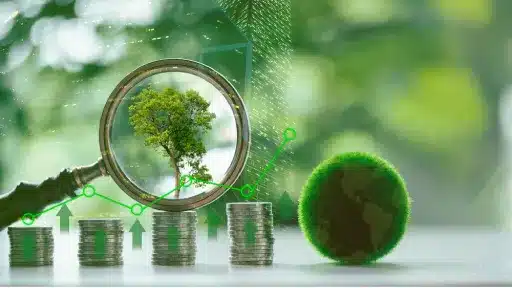Understanding what does Easter celebrate is essential, not only for religious observance but also in appreciating how this historic event influences cultural and economic activities worldwide. In today’s financial landscape, Easter brings about a surge in consumer spending, impacting retail markets, tourism, and various sectors. Knowing the roots and significance of Easter helps consumers and businesses alike navigate and embrace the season with informed perspectives.
What Does Easter Celebrate? Exploring the Origins and Meaning
Easter is one of the most significant festivals in the Christian calendar, celebrated globally by millions. But what does Easter celebrate? At its core, Easter commemorates the resurrection of Jesus Christ from the dead, as described in the New Testament of the Bible. This event symbolizes hope, renewal, and eternal life, making Easter a powerful spiritual milestone for believers.
The Religious Significance of Easter
The resurrection of Jesus is the foundation of Christian faith, representing victory over sin and death. This event is said to have occurred on the third day after Jesus was crucified, which is why Easter Sunday follows Good Friday, the day of his crucifixion. The resurrection offers believers reassurance of salvation and the promise of life after death.
Historical Context
Easter’s timing is linked to the Jewish festival of Passover, as the Last Supper—Jesus’ final meal with his disciples—occurred during this observance. Early Christians adopted and modified this timeline to honor the resurrection, establishing Easter as a movable feast celebrated on the first Sunday after the first full moon following the vernal equinox.
The Cultural and Economic Impact of Easter
Beyond its spiritual message, Easter has evolved into a cultural phenomenon with numerous customs and traditions. Understanding what does Easter celebrate helps explain why certain symbols and practices have become widespread.
Popular Easter Traditions
- Easter Eggs: Eggs represent new life and rebirth, hence the tradition of decorating and exchanging them.
- Easter Bunny: A symbol believed to bring eggs, the bunny embodies fertility and spring’s renewal.
- Church Services: Many attend special services to commemorate the resurrection and reflect on its meaning.
- Festive Meals: Family gatherings with traditional foods celebrate togetherness and gratitude.
Financial Influence of Easter
In the context of today’s financial landscape, Easter significantly affects various industries, including retail, hospitality, and travel. Retailers often see increased sales in gifts, candies, and decorations. Restaurants and travel sectors benefit from holiday vacations and celebrations. By understanding what does Easter celebrate, businesses can better tailor their marketing and product offerings to meet consumer interests during this peak season.
What Does Easter Celebrate for Different Communities?
While Easter is fundamentally a Christian holiday, its celebration varies across cultures and denominations.
Western Christian Celebrations
Western churches, mainly Roman Catholic and Protestant denominations, emphasize sunrise services, passion plays, and elaborate masses to mark the resurrection.
Eastern Orthodox Traditions
Eastern Orthodox Christians often celebrate Easter later due to different calendar calculations. Their observances include midnight liturgies, processions, and specific fasting periods leading up to the holiday.
Secular Celebrations
Many people, regardless of faith, participate in Easter egg hunts and spring festivals, enjoying the themes of renewal and community.
Conclusion: Embracing the True Spirit of Easter
In summary, exploring what does Easter celebrate uncovers a rich tapestry of faith, culture, and economic activity. Easter is not just a day but a season that inspires hope, renewal, and connection. Recognizing its significance enhances personal meaning and offers valuable insight into the seasonal dynamics affecting society and business alike.


